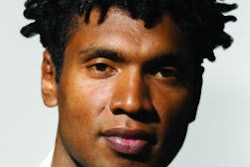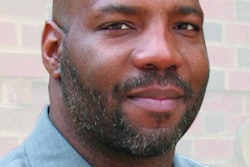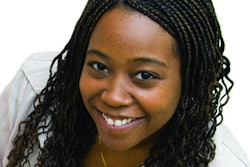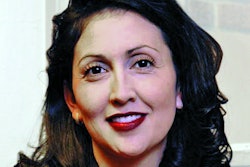During high school and college internships, Dr. Tejal Desai shadowed doctors treating diabetic patients. Their treatment typically consisted of daily insulin shots along with pinpricks to draw blood for glucose monitoring. Their pain made Desai wonder, can’t they get insulin another way?
Years later, she would devise an artificial pancreas to produce the insulin that a diabetic’s body could not. To do this, she would use micromachining techniques similar to those for creating silicon computer chips, making her a rising star in the fields of bioengineering and nanotechnology. The latter involves creating materials at the molecular scale, thousands of times tinier than a sugar cube.
Scientists had spent decades trying unsuccessfully to build a pancreas for implant. The problem was, their inventions could not withstand attack from the body’s natural immune system. Then came Desai. Her prototype, which included a thin silicon membrane and live pancreatic cells inside, let insulin filter out of its tiny pores while also blocking the immune system’s antibodies from entering and destroying it. The human body requires insulin to be able to use sugars and carbohydrates from food.
Although not currently available to patients, Desai’s device has been tested in rats and its technology licensed to a private company. Innovations such as the artificial pancreas have earned Desai a shower of accolades, including a 2000 National Science Foundation CAREER Award; a 2003 Eurand Grand Prize for outstanding research in oral drug delivery and 2006 Grand Prize for innovative approaches to drug delivery; and a 2006 Distinguished Engineering Alumni Award from the University of California, Berkeley.
Desai is grateful for the honors, learning resilience along the way. “You don’t get funded all the time, and you don’t get your papers accepted and published all the time.”
She cautions younger scholars, especially scientists, that the academic life “is like a marathon. It’s a long career trajectory. Not everything has to be done in a few years. Besides, you won’t enjoy the field if you burn out.”
Pacing herself at work is also important because Desai and her husband are raising three children ranging in age from 6 months to 5 years.





















